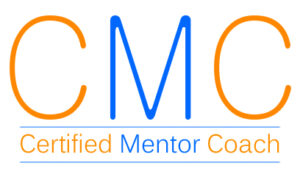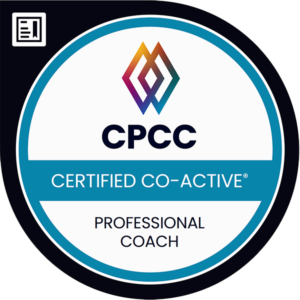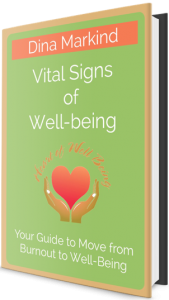 Recently, I came across some information from the Mayo Clinic regarding caregiver stress* as it relates to caring for a loved one. There was quite a bit of overlap with what happens to healthcare professionals when they experience burnout and overwhelm.
Recently, I came across some information from the Mayo Clinic regarding caregiver stress* as it relates to caring for a loved one. There was quite a bit of overlap with what happens to healthcare professionals when they experience burnout and overwhelm.
The first sign noted by Mayo was “Feeling tired most of the time.” This is similar to the first sign of burnout according to the Maslach Burnout Inventory (MBI), Exhaustion – emotional and physical. MBI is considered the gold standard for identifying burnout among healthcare professionals.
Here are the other signs noted by the Mayo Clinic:
- Feeling overwhelmed and irritable
- Sleeping too much or too little
- Gaining or losing a lot of weight
- Losing interest in activities you used to enjoy
Are you experiencing any of these? I doubt that it is too much sleep, instead it is probably a desire for more sleep. Weight gain, while nurses and physicians are acutely aware of the health risks associated with weight gain, sometimes the time for exercise and proper diet seems to evaporate. Losing interest in previously enjoyable activities? Take note if this is the case.
A 2014 study by researchers at the University of Akron in Ohio surveyed more than 700 RNs. They found that nurses who are motivated primarily by the desire to help others, rather than by enjoyment of the work, were more likely to burnout. I wonder if this has to do with the 3rd component of healthcare burnout according the MBI, Low Self-Value which relates to a limited sense of accomplishment. Too often the impact of nursing and medical care seems inadequate. There are often multiple problems and limited resources, as well as the fact that so many factors related to recovery are beyond the control of a nurse or physician.
Here are three of the suggestions for dealing with caregiver stress from the Mayo Clinic. I’ve have modified them for professionals.
- Accept help and Offer help too – This creates more of a team atmosphere and diminishes the sense of isolation which sometimes is experienced by nurses and especially physicians.
- Don’t give in to guilt – Do your job optimally; set realistic goals for yourself and when appropriate with a supervisor. No one is perfect.
- Commit to staying healthy –Exercise is often the magic elixir for health. Eating right not only helps in the long run, but often in the near time too. Get adequate sleep. These are fundamental for well-being and resilience.
Last week the blog focus was on training the brain to be more positive; this week there are some practical actions you can take to decrease your sense of overwhelm.
For support, to learn and commit to enhancing your well-being, contact me.
Revitalize Your Life,
Dina, 203.744.YOU3 (9683), Well-Being Coach
If you like this post please share. If you’re not yet on my list, please sign up at HeartofWellBeing.com to receive articles regularly.
*2011 Mayo Foundation for Medical Education and Research, this was on the back of address labels.






You have brought up a very excellent details , regards for the post. eedeakgebdbcckbe